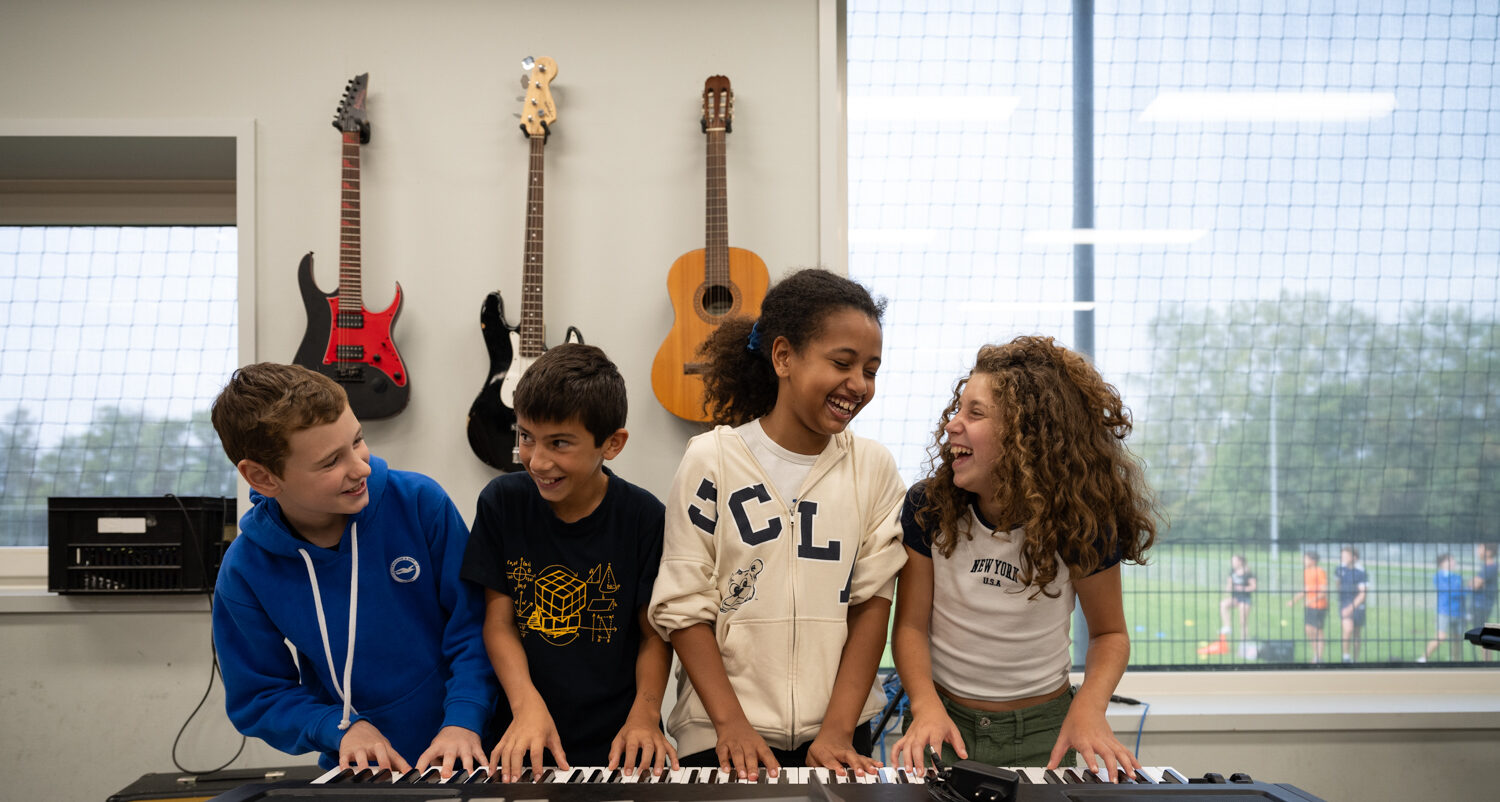
Subject choices
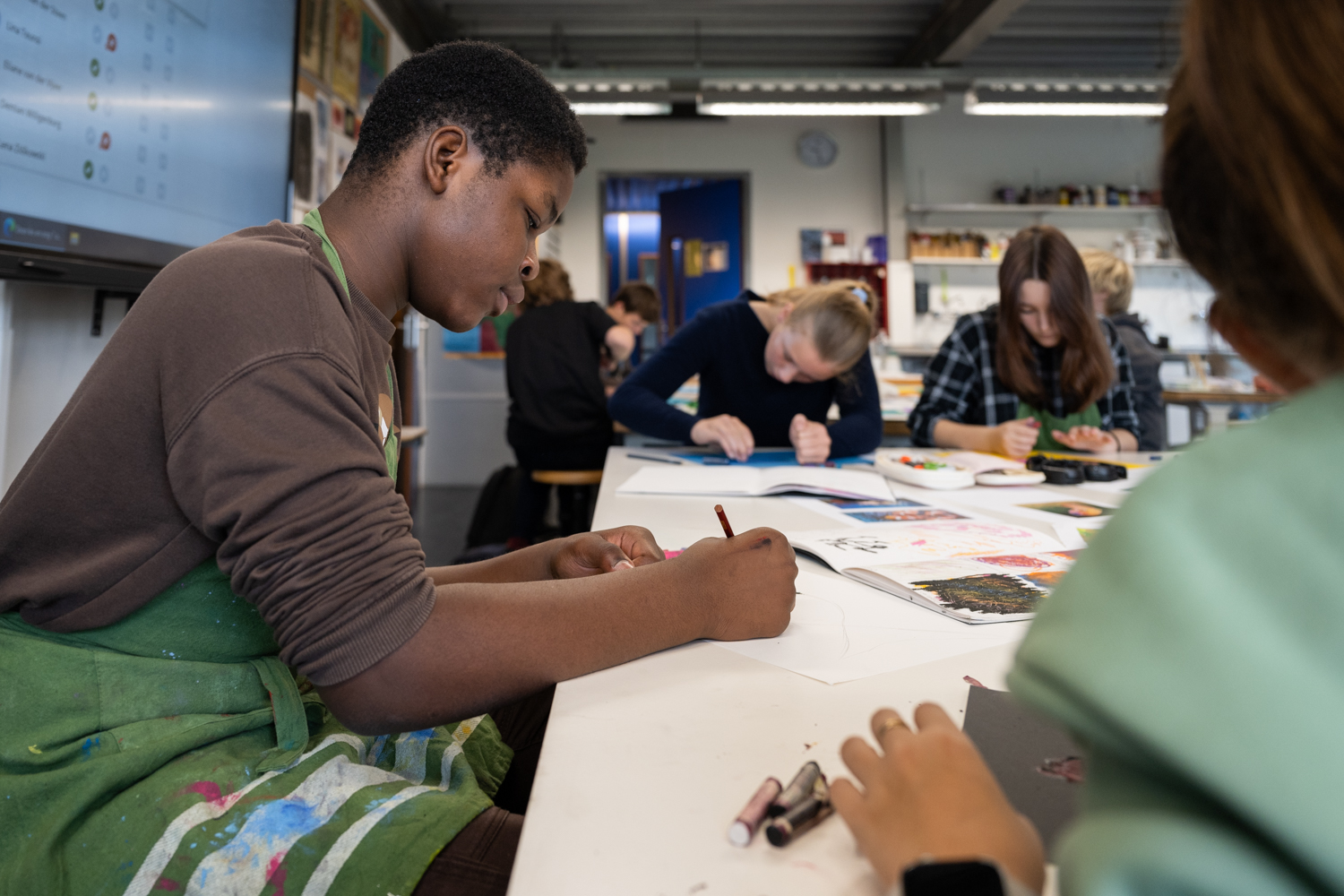
The MYP is a challenging framework that encourages students to make practical connections between their studies and the real world.
Students who complete the MYP are well-prepared to undertake the IB Diploma Programme (DP) or Career-related Programme (CP).
The International Baccalaureate® (IB) Middle Years Programme (MYP) comprises eight subject groups:
- Language acquisition.
- Language and literature.
- Individuals and societies.
- Sciences.
- Mathematics.
- Arts.
- Physical and health education.
- Design.
Students moving from MYP3 to MYP4 can choose either Drama or Music and move into Math Standard or Math Extended for the final two years of MYP.
Students moving from MYP4 to MYP5 can drop one Science and/or one Humanities subject for the final year of MYP. History is an obligatory subject at ISRLO. We offer Economics and Business Management as a taster course in MYP5.
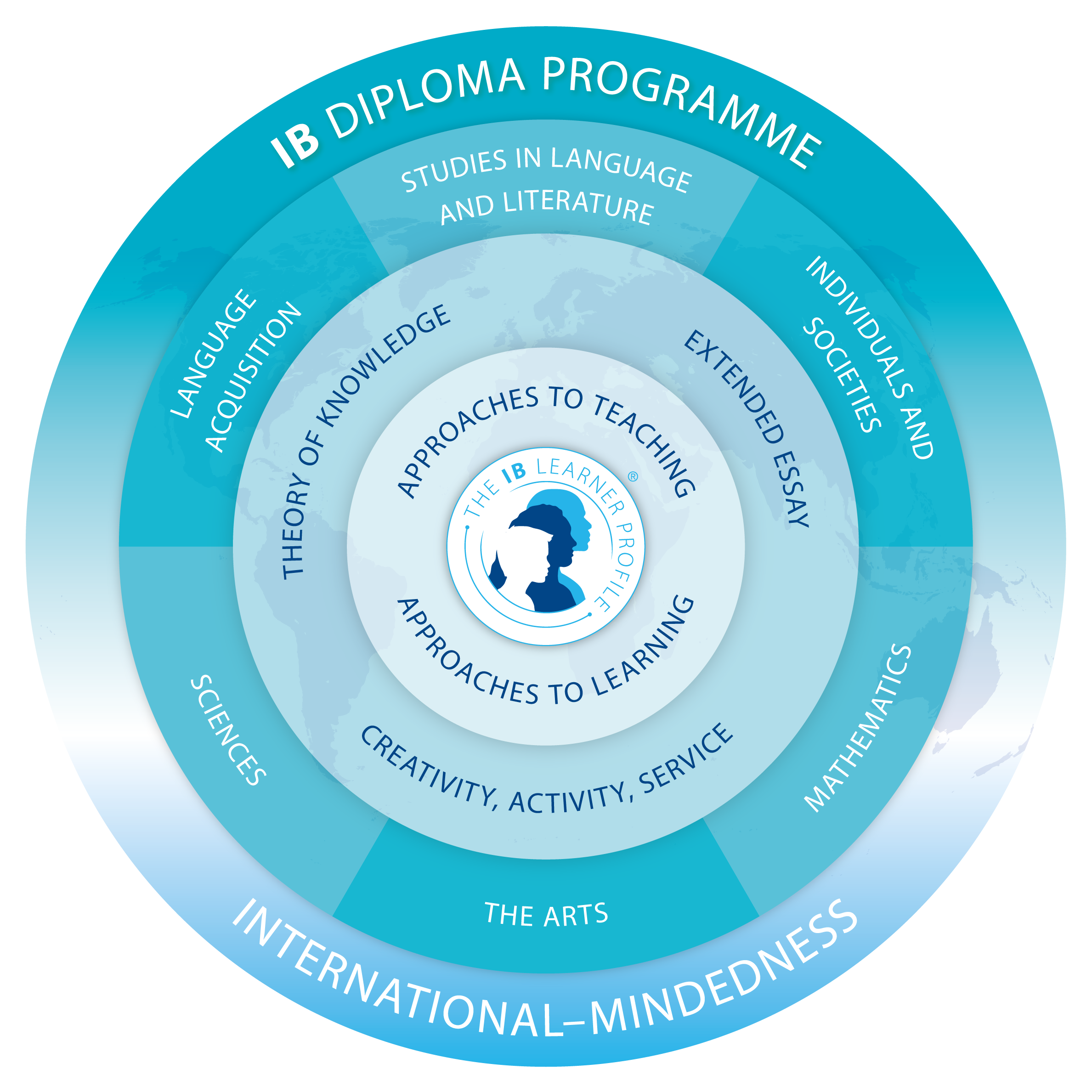
The International Baccalaureate® (IB) Diploma Programme (DP) is recognized and respected by the world’s leading universities, and evidence suggests that higher rates of DP students go on to university and higher education study than non-IB students.
Research suggests that the DP is a strong pathway to university – the impact of studying the DP on admission to university and higher education depends on each student’s performance.
The IB has answered frequently asked questions about the DP and admission to university.
At ISRLO we offer the following subjects:
- Studies in language and literature (Dutch A LL HL/SL, English A HL/SL, Self-taught Language A Literature SL)
- Language acquisition (French B HL/SL, English B HL/SL, Spanish B HL/SL)
- Individuals and societies (Environmental Systems and Societies (ESS) SL, History HL/SL, Geography HL/SL, Economics HL/SL, Business and Management HL)
- Sciences (Biology HL/SL, Chemistry HL/SL, Physics HL/SL, ESS SL)
- Mathematics (Math AA HL/SL, Math AI SL)
- The arts ( Music HL/SL, Visual Arts HL/SL)
After finishing the MYP, students are well-prepared for further education, including national and international courses of study for 16-19 year olds.
The MYP aligns most closely with the IB Diploma Programme (DP) and IB Career-related Programme (CP), ensuring a smooth transition for students who continue their education within the IB continuum.
The DP focuses on rigorous academic study, within a broad and balanced curriculum, which can prepare students well for employment. The IB Career-related Programme (CP), a unique programme specifically tailored for students who wish to engage in career-related learning.
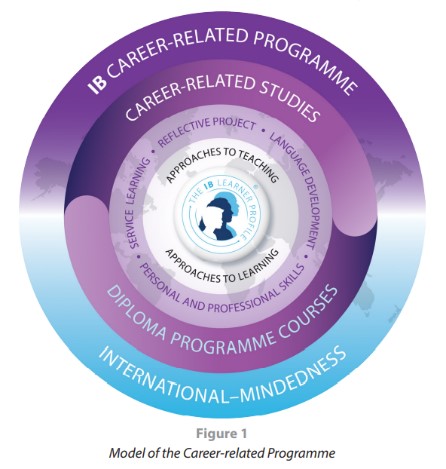
The Career-related Programme
The Career-related Programme prepares students for flexibility and mobility in a range of employment opportunities as well as continuing lifelong learning. It integrates broad, general learning areas as well as specific career-related content into a rigorous and challenging framework of education. The detailed knowledge, skills and understanding gained from studying Diploma Programme courses, the Career-related Programme core and the career-related study provide opportunities for: Employment: the transferrable skills fostered in the personal and professional skills course, combined with the specific knowledge and skills developed by students in their career-related studies provide an opportunity for students to move directly into employment in their chosen field. Apprenticeships: apprenticeship schemes are available in many countries where students are given onthe-job training as well as classroom instruction in a particular craft or trade. Further education: students may wish to continue their education at educational institutions that specialize in their chosen field of study. Higher education: the mix of career-related skills combined with the knowledge and skills obtained from studying Diploma Programme courses allows students access to higher education institutions such as universities and colleges. Participating schools work in close collaboration with further and higher education institutions and with the employment sector both locally and internationally.
The Career-related Programme requires the study of at least two Diploma Programme courses alongside the unique Career-related Programme core and a career-related study (see figure 1). For students of this programme:
• The choice of at least two Diploma Programme courses provides and enhances the theoretical underpinning and academic rigour of the programme.
• The Career-related Programme core aims to develop personal qualities and skills and professional habits required for lifelong learning.
• The career-related study further supports the programme’s academic strength and provides practical, real-world approaches to learning. The distinct advantage of the Career-related Programme is that schools can adapt the framework to meet local, regional or national education requirements, as well as address industry and government priorities.
CP recognition
The CP Diploma is recognized by Universities of Applied Science (HBO) in the Netherlands.
The CP Diploma is recognized by many institutions of higher education around the world. Below are some examples of recently added institutions:
Switzerland
Starting in September 2024, École hôtelière de Lausanne (EHL) will consider admitting IB Career-related Programme (CP) students who are awarded the IB CP Certificate and meet the following requirements:
earned a grade of 4 or better in three DP courses, including one higher level subject and either of the mathematics subjects
– completed a Career-related study in Hospitality, Tourism, Business or Sustainability
earned a grade of C or better in the reflective project
Franklin University Switzerland will now consider CP graduates for admissions and will award Advanced Standing Credit for higher level subjects with a grade 5 or better. More information is available on the university’s advanced standing webpage.
Students with sufficient mastery of the Dutch language can move to 4 HAVO after passing MYP5.
Further information on the HAVO decanen site HAVO – Rijnlands Lyceum Oegstgeest (rlo.nl)
Middelbaar Beroeps Onderwijs (MBO) courses are 4 year bachelor vocational educational programmes. Students can enter MBO after successfully completing MYP5. There is a trend towards more and more English taught MBO programmes in the area of The Hague. Ask for a meeting with the career counsellor if you are interested in this route.
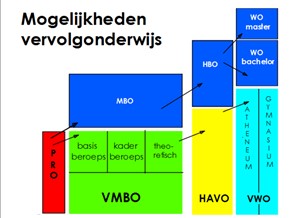
P